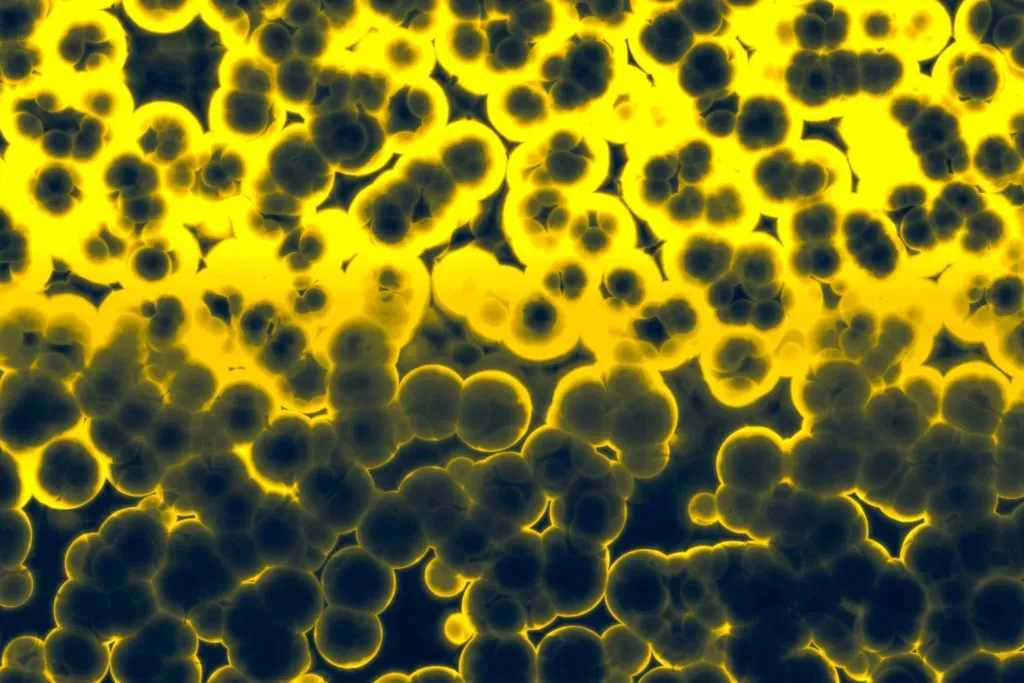Gut Biome Mapping and Dysbiosis

There are several ways to test for your gut biome. Some use stool tests. Other test methods include PCR or culture. However, it would be best if you did not use gut biome mapping tests to identify parasites. These methods collect too wide a variety of genetic data and may falsely flag harmless organisms as pathogens. These tests are also difficult to interpret and can result in unnecessary treatments.
Tests
Testing your gut microbiome is now possible through a blood test. The results will tell you the concentration of different types of bacteria in your intestine. Some tests will also reveal the presence of fungi or viruses. The numbers will be represented as percentages, so you can see how your gut balances different microorganisms. These tests can help you identify whether you have a health problem or not.
Foods
One of the best ways to support a healthy gut biome is by adding fermented foods to your diet. Fermented foods, such as sauerkraut, contain healthy gut bacteria and are packed with vitamins C and K. Fermented foods can also help you digest your food better. Fermented fibers help stimulate good bacteria in the colon, stabilize blood sugar levels, and reduce inflammation in the digestive tract.
Dysbiosis
Dysbiosis is an imbalance in the gut's microbial community. The problem is often associated with a variety of symptoms and complications. Changes in the composition of the gut's microbial community can result in the growth of harmful bacteria and yeast and contribute to depression and weakened immunity.
Prebiotics
Prebiotics are dietary components that promote the growth of beneficial bacteria in the human gut biome. They do this by promoting metabolic interactions between various species of bacteria, known as cross-feeding. Moreover, they can be used as substrates for other species of microbes, resulting in metabolic effects that differ from those seen in single-culture experiments.
Diet
The gut biome is a complex ecosystem in which the gut microbial population helps keep the body balanced. An imbalanced gut biome is indicative of digestive disorders. A poorly functioning gut biome can lead to an overgrowth of pathogenic bacteria and the development of diseases like Irritable Bowel Syndrome (IBS). The resulting imbalanced gut flora can cause symptoms such as gas, irregular bowel movements, and bloating. Treating IBS and other bowel conditions requires addressing the gut microbiome.
Stress
Studies have shown that the gut biome is affected by stress. This is because stress can cause the gut to produce less mucus, which protects the bowel walls. Chronic stress can also increase intestinal permeability, increasing disease risk. While short-term stress is natural, prolonged exposure to stress is associated with several conditions, including obesity and cardiovascular disease.
SO
Many people suffer from SIBO, a condition caused by excessive amounts of hydrogen-sulfide-producing bacteria in the gut. These bacteria can cause a leaky gut, which can be painful. It can also affect the skin, causing acne. People with certain diseases such as Crohn's disease and celiac disease are also at risk for SIBO. Other illnesses, like diabetes, can slow the passage of food through the small intestine, making SIBO symptoms even worse.



